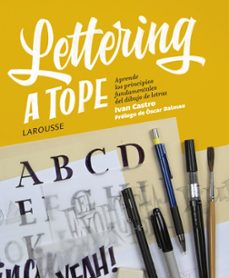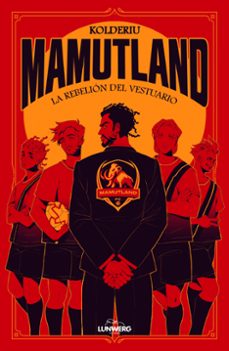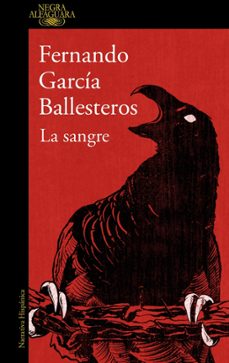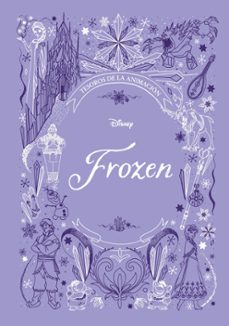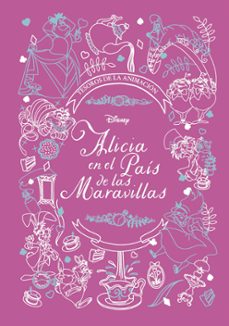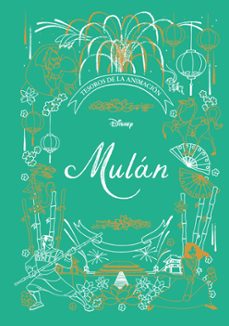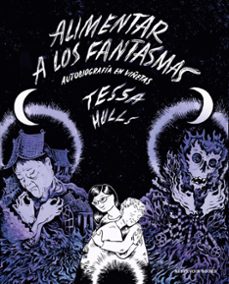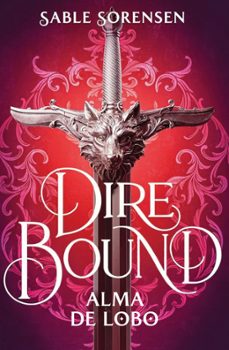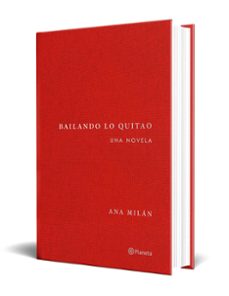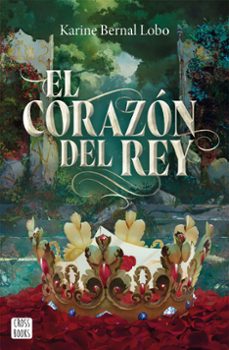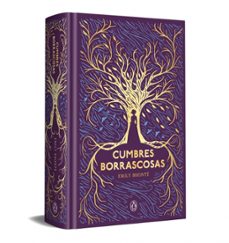📗 Libro en inglés WIVES AND DAUGHTERS
PENGUIN- 9780141039398
Sinopsis de WIVES AND DAUGHTERS
Seventeen-year-old Molly Gibson worships her widowed father. But when he decides to remarry, Molly''s life is thrown off course by the arrival of her vain, shallow and selfish stepmother. There is some solace in the shape of her new stepsister Cynthia, who is beautiful, sophisticated and irresistible to every man she meets. Soon the girls become close, and Molly finds herself cajoled into becoming a go-between in Cynthia''s love affairs. But in doing so, Molly risks ruining her reputation in the gossiping village of Hollingford - and jeopardizing everything with the man she is secretly in love with.
Ficha técnica
Editorial: Penguin
ISBN: 9780141039398
Idioma: Inglés
Encuadernación: Tapa blanda
Fecha de lanzamiento: 21/04/2009
Año de edición: 2009
Plaza de edición: London
Alto: 18.0 cm
Ancho: 11.0 cm
Especificaciones del producto
Escrito por Elizabeth Gaskell
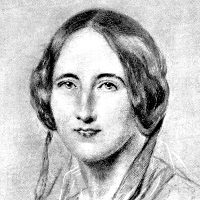
(Londres, 1810 – Holybourne, Hampshire, 1865) Es una de las escritoras victorianas más relevantes y queridas de Inglaterra. Huérfana de madre desde muy pequeña, se crió con su tía en Knutsford, una tranquila ciudad donde tuvo una infancia plácida y feliz. Con 22 años se casó con el ministro de la capilla unitaria de Cross Street, en Manchester, también escritor, con quien vivió en perfecta armonía. El traslado de toda la familia al norte de Inglaterra, mucho más industrializado, fue un choque muy fuerte para ella, que quiso retratar las precarias condiciones de vida de los trabajadores de las fábricas en algunas de sus obras, como Mary Barton y Norte y sur. Pero Las confesiones del señor Harrison (1851) forman parte de sus obras de tipo rural y humorístico, inspiradas en las anécdotas domésticas de su infancia a Knutsford, que desarrollaría posteriormente en la novela Cranford. Fue respetada y admirada por los críticos y por autores de su época como Dickens o Charlotte Brontë, de quién escribió una biografía imprescindible.
Descubre más sobre Elizabeth Gaskell Recibe novedades de Elizabeth Gaskell directamente en tu email
Opiniones sobre WIVES AND DAUGHTERS
¡Sólo por opinar entras en el sorteo mensual de tres tarjetas regalo valoradas en 20€*!

